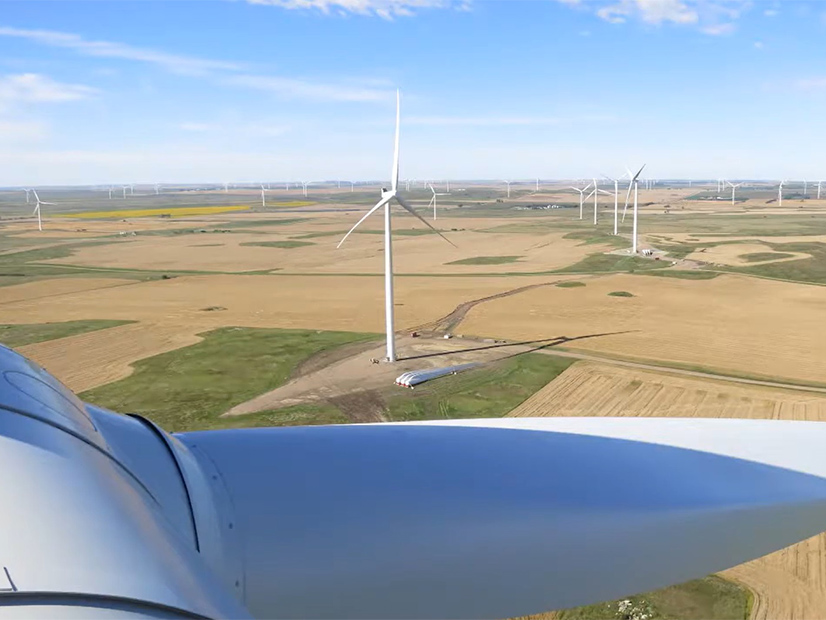MISO has officially decided it will forgo acceptance of a 2024 queue cycle of projects while it works with Pearl Street to automate interconnection studies.
MISO announced during a Dec. 3 Interconnection Process Working Group teleconference that it will close its currently open queue application window sometime in the third quarter of 2025 to begin a freshly automated study process on submitted projects.
MISO’s Ryan Westphal said staff and Pittsburgh-based Pearl Street Technologies have worked diligently on standing up an automated study process, paying attention to how the program selects network upgrades and estimates upgrade costs.
“Determining the network upgrade is one of the most time consuming pieces of the queue. We’re trying to distill that down into something that’s workable, reasonable and fast,” he explained.
Westphal said MISO will introduce Pearl Street’s SUGAR (Suite of Unified Grid Analyses with Renewables) software to “finish off” studies beginning with the 2022 cycle of project entrants. He said MISO will not rebuild its study models using SUGAR for the 2022 cycle, leaving that to subsequent queue classes. Instead, Westphal said the software will help finalize network upgrades and associated cost estimates.
MISO plans to begin using the software in earnest and “start from scratch” on model-building, Westphal said, in the first quarter of 2025, when it kicks off studies on the 123 GW of submittals that entered under the 2023 cycle. He predicted a busy January for MISO.
“We do have a pretty robust I would say, first draft of what will work,” Westphal told stakeholders. “With everyone’s participation and help, we can make this even better than what we have today.”
The grid operator originally said it would postpone a possible 2024 cycle while it waits on FERC approval of an annual megawatt cap on its queue. (See 2023 Queue Cycle Delayed into 2025 as MISO Seeks Software Help on Studies.)
MISO filed Nov. 21 to implement a 50% peak demand cap on the project submittals it will accept into its interconnection queue annually (ER25-507). The RTO has said it needs the cap to limit project proposals year to year, making for more realistic study outcomes and potentially reducing network upgrade costs.
MISO also promises to debut a special brand of faster interconnection processing for projects needed for resource adequacy. (See MISO Outlines Plan on Fast-track Queue for Resource Adequacy.)
For the 2025 cycle, MISO will use SUGAR to conduct pre-queue, “quality assurance” technical checks of applicants to test whether projects are feasible, Westphal said.
“Right now, the technical work is done sort of manually, by an engineer,” he said, adding that SUGAR should allow for “near instantaneous” checks.
Westphal also said MISO likely could accommodate stakeholders’ requests to provide a primer on how files and supporting documents should be submitted under the new automated study process.
He said under SUGAR, MISO’s input files still would be available to interconnection customers so they’re able to conduct their own analyses and look for alternative mitigations to upgrades.
Westphal predicted the SUGAR software will be in use in MISO for years and evolve over time with improvements.
“We’re hopeful that it’s a long-term partnership on this tool,” he said.
Pearl Street has said it is “thrilled” to partner with MISO and explained that a pause while MISO incorporates the software is regrettable but necessary.
“Any delay in the schedule is always unfortunate, but we see this as an investment to enable a truly transformative payoff: a fast, repeatable and transparent process that all interconnection stakeholders will ultimately benefit from. Let’s move some projects through the queue!” the company said in a statement in September.




